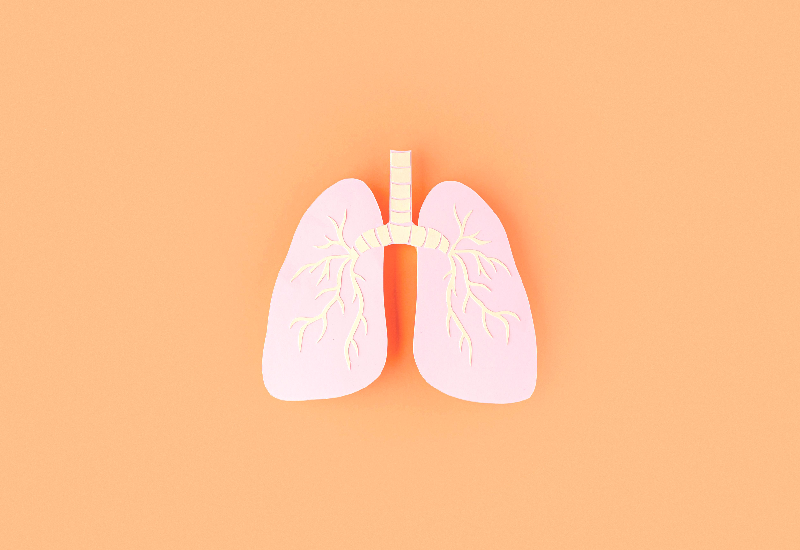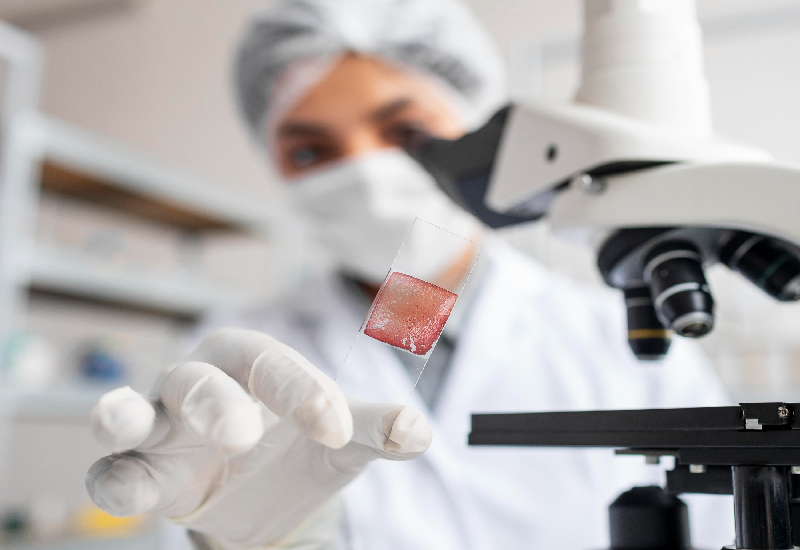Cancer specialists and scientists have invested decades of research in finding a universal cure for cancer, but there’s still a long way to go. Because when it comes to cancer, even when there are no signs of cancer left in the body after treatment, there is a possibility of cancer cells returning many years after treatment. As there’s no cure for cancer, it is usually called remission. Cancer remission implies that there are no detectable cancer cells currently; however, it does not guarantee that cancer won’t come back in the future. Though it is declared to be in remission, continuous monitoring and follow-up care are essential to identify when it’s come back promptly. Understanding what remission means, why it’s crucial to monitor, and how one can manage their health during remission is crucial for cancer patients.
What is cancer remission?
Cancer remission is a state in which the cancer cells in the body have significantly reduced or reached a dormant state after treatment.
Remission can be of two types:
Complete Remission: No signs of cancer
Partial Remission: Cancer has decreased in size or stopped growing.
While we understand remission, we also need to know about relapse and recurrence.
Relapse: When the treatment doesn’t eliminate all cancer cells, the remaining cells can grow into a new tumor at the same site; this is referred to as relapse.
Recurrence: When cancer cells were not eliminated during treatment, after a period of improvement, they again started spreading to other parts of the body to form a new tumor. This is known as recurrence. It can happen locally at the original site, near the original site, or in other distant parts of the body.
Cancer cells are undetectable post treatment due to the following factors:
- The number of remaining cancer cells is so small that they are undetectable through standard tests.
- The residual cancer cells do not cause any noticeable symptoms.
- The cancer cells are dormant and not actively growing.
Living with the uncertainty that cancer might return can be challenging. Though the doctors declared the cancer to be in remission, not being completely cured, even after treatment ends, the uncertainty that follows about cancer returning is distressing to cancer patients. This leads to patients experiencing emotional turmoil.
The risk of cancer recurrence is said to decrease over time. Most cancers that are going to return will do so within the first two years after treatment. After five to ten years, the likelihood of recurrence is even lower. When the cancer does not recur after ten years, doctors might call it cured.
Coping with the possibility of cancer returning can be hard, but there are strategies to help manage the uncertainty.
How to manage cancer remission
Managing cancer remissions involves a combination of strategies.
1.Regular checkups
Regular checkups are crucial to monitor cancer post-remission and detect any signs of cancer returning at the earliest. Doctors recommend follow-up tests at regular intervals to monitor your health.
2.Track changes
It’s essential to notice any changes in the body or any new symptoms and inform the doctor promptly. Tracking symptoms and effectively communicating it with clinicians helps identify recurrence early.
3.Healthy lifestyle
A healthy, well-balanced lifestyle makes a major difference in health and management of diseases, including cancer. Changing lifestyle to suit recovery can support your well-being and reduce the risk of cancer recurrence. This includes:
Eating a well-balanced diet rich in fruits, vegetables, whole grains, and proteins.
Stay active with at least 150 minutes (about 2 and a half hours) of moderate exercise each week. Avoiding alcohol and smoking, as they can increase the risk of cancer recurrence.
Engage in activities, such as yoga, meditation, to help relax and cope with stress.
4.Support system
Dealing with the fear of recurrence can be emotionally taxing on patients. Having a support system to communicate feelings effectively. Joining a support group, taking therapy are also advised for the betterment of mental health.
How RGCC supports remission management
We offer innovative tools to help monitor cancer at every stage, which includes the post remission stage. We provide a range of Circulating Tumor Cells (CTC) tests, such as Oncocount, Oncotrail, and Oncotrace which help track cancer cells in the bloodstream to catch relapse or recurrence early. These are follow-up tests post treatment to assist in the proactive management of cancer recurrence.
Cancer remission can create a sense of anxiety in patients, but with proactive steps to manage, they can make a significant difference in inhibiting or managing the recurrence. Adopting strategies to stay on top of health reduces the anxiety associated with cancer remission. Use our services to help you navigate through your remission journey.








